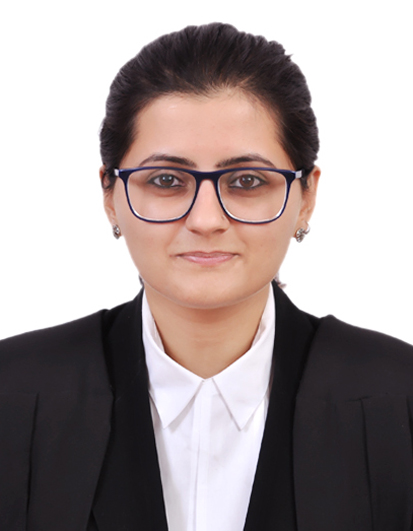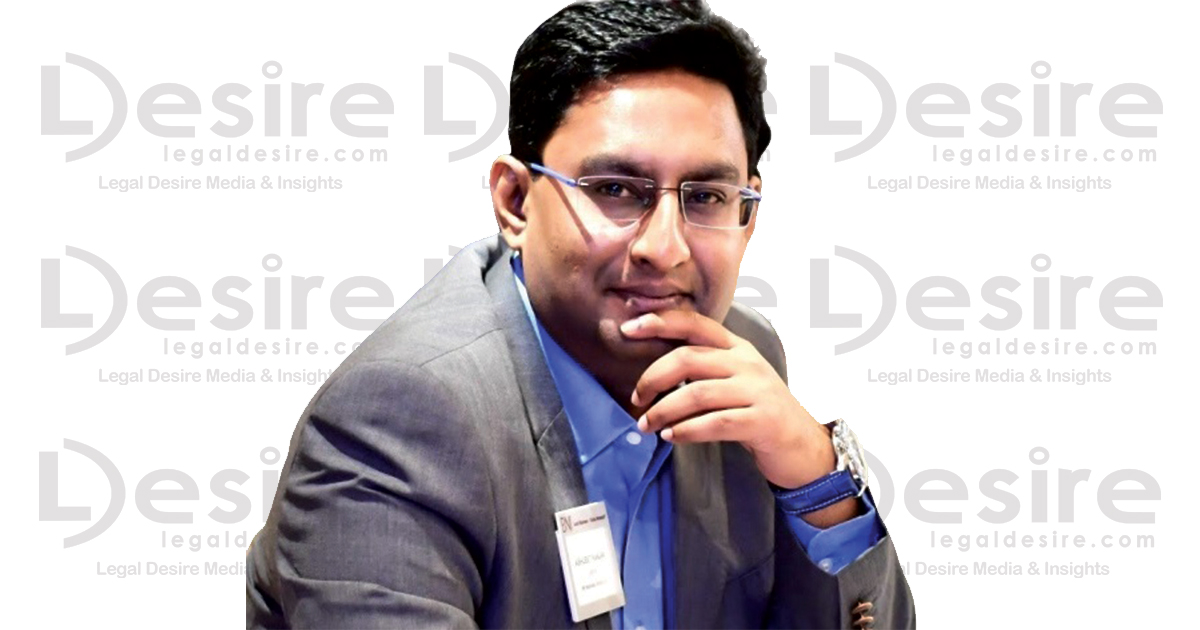Now Reading: The New Inequality
-
01
The New Inequality

The New Inequality
The greatest value of human life is best represented in the recognition of fundamental rights and in fully enabling people to enjoy and exercise these rights to the extent that preserves their humanity and respects their civility. In a recent judgment of the Supreme Court of India, in the matter between ‘Foundation for Media Professionals Vs. Union Territory of Jammu and Kashmir’ the Court has denied access to 4G connection to the people of Jammu and Kashmir.
Of late it has become a pattern with the Supreme Court in not treating the matters relating to personal liberty with the urgency that they deserve. Undoubtedly, the right to personal liberty and right to freedom of speech and expression as enshrined in Article 21 and 19 of the Constitution are not absolute and are subject to reasonable restrictions. But whether a particular restriction is imposed by an authority falls within the bracket of reasonable restriction or not is a matter of judicial review. It is therefore in every case of alleged violation of such rights for the Courts to pronounce whether the restrictions as imposed by the state fall within the category of reasonable restriction. Unfortunately, the Supreme Court has disappointed in the aforementioned case has not only not given any such finding but has outsourced its function to the same authority against whom the Foundation for Media Professionals i.e, the petitioner came to the Court seeking relief. Little can be expected from the state which defended its action in the name of security of the state.
The fact, that the militancy is on the rise and threatens to destabilize the integrity of the nation, as also results in the death and injuries to innocent citizens and security forces cannot be ignored. At the same time denying continual internet services, which has recently being recognized as integral to life and liberty only contributes to further divides and alienates the people in the Union Territory of Jammu and Kashmir.
The restrictions imposed on the use of internet, have a great adverse impact on health services, access to government websites, e-banking services, right to education, carrying out trade and business of thousands of small and individually owned enterprises or home-based women workers to a considerable extent. Another factor is with near arbitrary disruption of internet services, the telecom industry also suffers huge losses.
Ideally speaking, the Court should have decided the matter itself but assuming there are technicalities involved in regard to the 4G spectrum it ought not to have appointed a committee of the persons who were the respondents before the Court. The Apex Court has directed the Centre to constitute a “Special Committee” to examine the issues raised in the matter comprising of, Secretary Ministry of Home Affairs, the Chief Secretary of J&K, and the Secretary, Department of Telecommunications, Govt of India, with respect they could form an “Independent Committee” of non-political experts, compromising of technical, judicial, and administrative members, with a broad outlook towards the nature of problems in the state as also the requirement of spectrum which is the need of the day for normal functioning.
The plea of the Govt of Union Territory of J&K that resumption of 4G services will result in expelling the militancy is borne out by the states own figures. The Government of Union Territory of J&K has cited, ongoing security operations since August 2019, wherein, around 108 security related incidents have taken place in the Union Territory. Therefore, in the garb of the security of the state, the government is stomping over the fundamental rights of the citizens. If the state is not able to balance the security and the citizens rights the burden falls on the Courts which unfortunately is not being discharged effectively. Why should the Court throw the ball back to the very people who are part of the case in question? It is imperative therefore that the Court must make equitable decisions, because these decisions set a precedent for the future resolution of disputes between the individual and state. The state cannot sit blindfolded and not respond to the demands made by its citizens, otherwise the linking the local with the global will not only be a farfetched dream but also affect the state economically.
The internet has indelibly changed the world and the way people connect. It is pertinent to mention here that United Kingdom had announced in 2017 that high-speed broadband will be available as a legal right to all its citizens. Whereas in India, the digital divide can be bridged only if communities have access to digital channels, and on the other hand the Courts are aiming towards e-governance, e-services, video-conferencing for courts and other services.
However, there is no straightjacket formula, but there has to be a balance and proportionality between the right and restriction on one hand, and the right and duty on the other, otherwise, it will create an imbalance if undue emphasis is placed upon the right of a citizen without considering the significance of the duty.
I summarize with a quote from B.R. Ambedkar “What are we having this liberty for? We are having this liberty in order to reform our social system, which is full of inequality, discrimination and other things, which conflict with our fundamental rights”.
About Author:

A lawyer with more than 8 years of experience in the legal profession, along with government related projects. Presently, an independent advocate and a senior task based legal consultant and mediator with National Commission for Protection of Child Rights, under Ministry of Women and Child Development.
(Views are personal)









